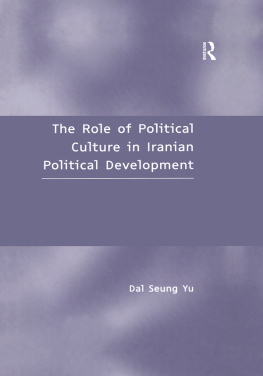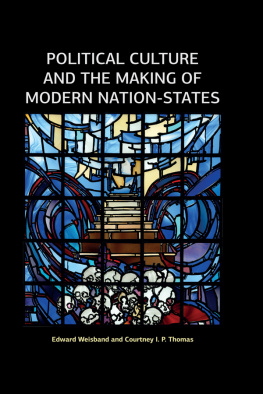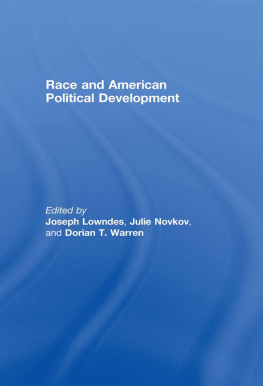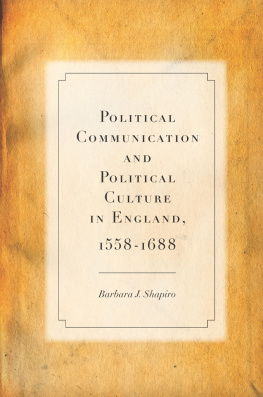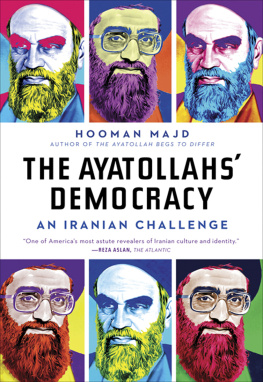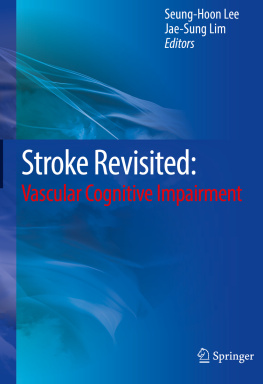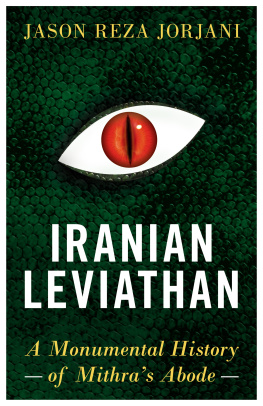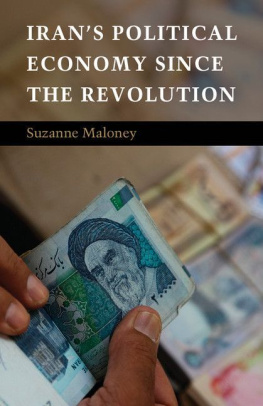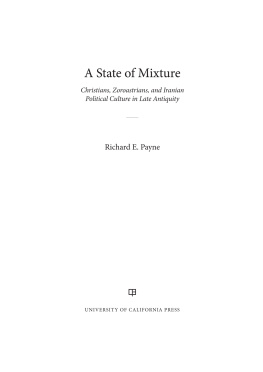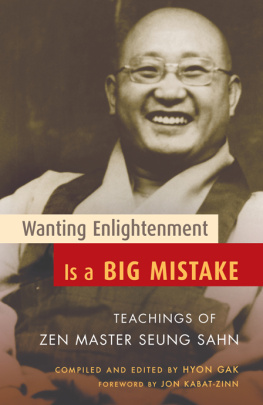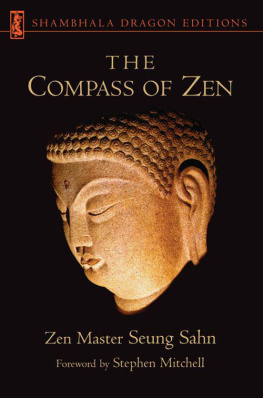First published 2002 by Ashgate Publishing
Published 2017 by Routledge
2 Park Square, Milton Park, Abingdon, Oxon OX14 4RN
711 Third Avenue, New York, NY 10017, USA
Routledge is an imprint of the Taylor & Francis Group, an informa business
Copyright Dal Seung Yu 2002
All rights reserved. No part of this book may be reprinted or reproduced or utilised in any form or by any electronic, mechanical, or other means, now known or hereafter invented, including photocopying and recording, or in any information storage or retrieval system, without permission in writing from the publishers.
Notice:
Product or corporate names may be trademarks or registered trademarks, and are used only for identification and explanation without intent to infringe.
British Library Cataloguing in Publication Data
Yu, Dal Seung
The role of political culture in Iranian political
development
1. Political culture - Iran 2. Iran - Politics and government
I. Title
320.955
Library of Congress Control Number: 2001097948
ISBN 13: 978-0-7546-1775-4 (hbk)
The analysis of the impediments to political development is an important discussion of our time, with major theoretical and political consequences. While this discussion is controversial, and many different possible obstacles have been introduced as responsible for political underdevelopment, one major factor that emerges is the cultural one.
In this study, I will try to explain the major cultural impediments to political development in Iran. I will focus on the historical popular attitudes in Iran towards political management of the society and on the way in which these attitudes tend to slow political development. Irans political system has been evolving for more than a century, prompted by socio-economic progress, but the traditional viewpoints which could be considered patriarchal regarding government and sovereignty have considerably impeded political development in Iranian society.
Socio-economic development created favorable conditions for the establishment of democratic institutions in Iran. And yet, due to traditional cultural influences, these institutions were not able to reach their potential. For example, elective government, separation of powers, legislative parliament and political parties have not developed the strength they would need to have to promote and support democracy. Instead, these institutions are being employed in a way that is compatible with authoritarian principles. In fact, these institutions, which were created for a democratic purpose, have simply been transformed into new tools for authoritarianism.
The power relation in Iran is still vertical, rather than horizontal, and people stand in a dependent relation to the systems of political sovereignty. The persistence of traditional culture between people and their governors, as I will show later, contributes to this relation. While political institutions are more or less changeable, political culture takes longer to evolve. Thousands of years of Eastern autocratic tradition in Iran have deeply affected the attitudes and beliefs of the people, and although imported Western values have also impressed themselves onto popular beliefs and viewpoints, even penetrating traditional attitudes to some extent, they have not been able to wipe out the old cultural values.
The Asiatic mode of production is the foundation of culture in the Iranian society, as it has been for many years. But now this system is no longer the foundation of Iranian politics. The expansion of world capitalism into Iran has caused profound socio-economic transformation, which of course included life-style changes. Generally, there were many factors favorable to political development, factors that exposed the political systems and cultures of this society to change. But these changes could only take place slowly because of the presence and deep roots of traditional culture; any progress in this respect is usually subjective and unstable. When I look at the political processes in Iran, I can see that in practice, a small group is governing and a large group still is obeying; both groups consider old styles more suitable for the management of the state. Although the people are sometimes mobilized in politics, they are prevented from participating in policy-making.
In this study, I want to show that in the traditional political culture of Iran, especially in the governing classs attitude towards the countrys management and in the peoples attitude towards their role in politics, the expansion of institutional participation and competition are still considered impediments to political development. But institutional participation and competition are necessary to the establishment of Western-style democracy which requires broad public participation in the following:
- economic development
- the entry of new social groups and classes into political activity
- the separation of powers and roles of the branches of government to enable participation and ensure the systems efficiency in solving social, economic and political difficulties.
One of my hypotheses is that the functioning of any political system has a deep relation to traditional values. Traditions and customs are not temporary but stable. Even revolutions cannot easily and rapidly sweep them from the scene.
The behavior of political leaders and the beliefs and tendencies of the masses regarding political authority are greatly affected by the traditional pattern of authority. Therefore, the study of some of the stable aspects of political culture has basic importance for recognizing present political processes.
It is important to understand how the patterns of authority are connected with political leaders behavior and peoples attitudes, which are the major factors in political development. In Iran, the concept of democracy and the methods of democratic government have not been associated with traditional beliefs and thought. Rather, the statesmen have interpreted them in a specific way, according to their interests and perceptions. They have presented their own beliefs, attitudes, and feelings as those of the people, calling autocracy democracy. This is one of the important problems of political development in contemporary Iran.
The major question I am going to address in this study is whether political development, meaning participation and competition, can possibly be anchored in a traditional political culture such as that which exists in Iranian society, in spite of the apparent impediments.
My principal hypothesis is that the traditional political culture, a major impediment to political development, has its roots in the socio-cultural system of Eastern autocracy and its foundation, that is, the Asiatic mode of production. The dependent variable in this system is the weakness of democratic political development in Iran; the independent variable is the political culture.
With respect to my hypothesis, this study consists of four chapters. In the First and Second Chapters, I try to explain the nature of the traditional political culture in Iran. This political culture consists of several elements, including beliefs and attitudes towards political management of the society.
In the Third Chapter, I discuss the favorable aspects of development and the challenge they pose to the traditional system. As well as changes that have happened as a result of the penetration of world capitalism into the Asiatic mode of production, other factors have been introduced, such as commercial expansion, the monetary economy, industry and the growth of the middle class and Western influence, demand for the expansion of popular participation in political management and the establishment of democratic institutions.

